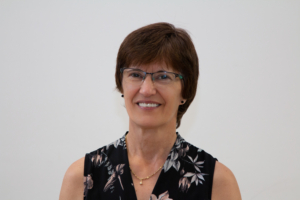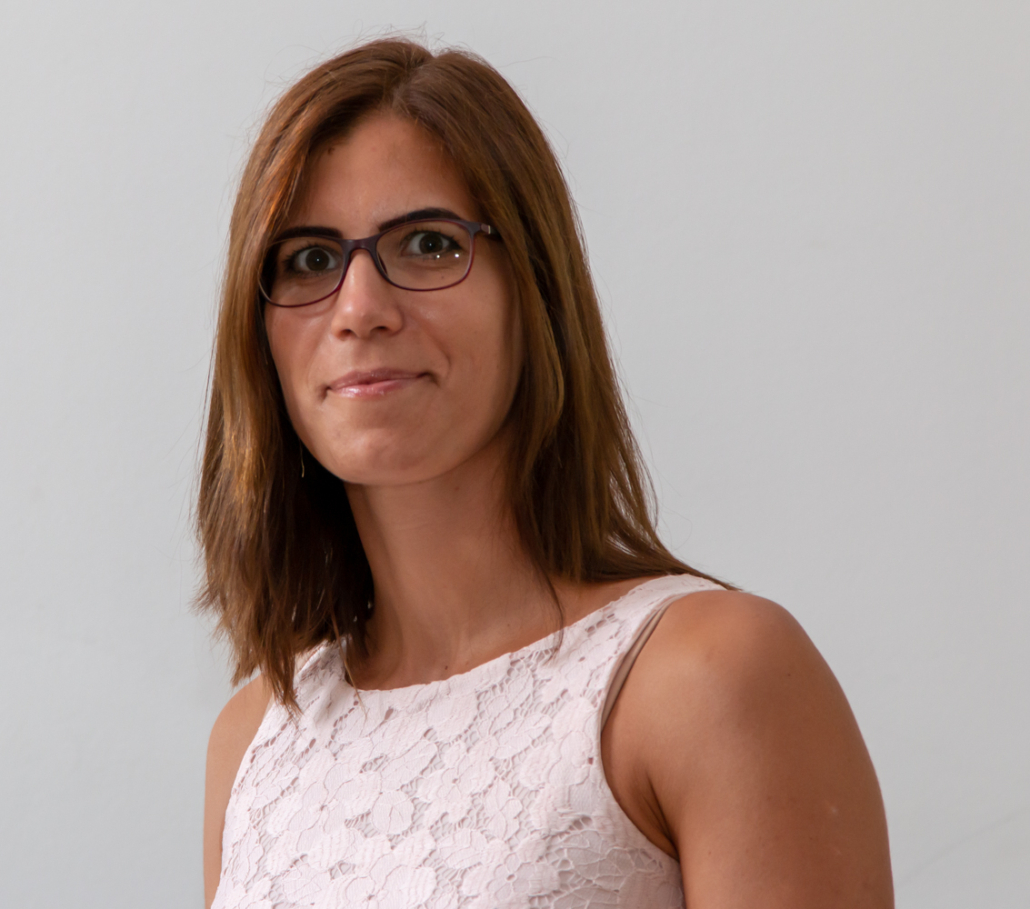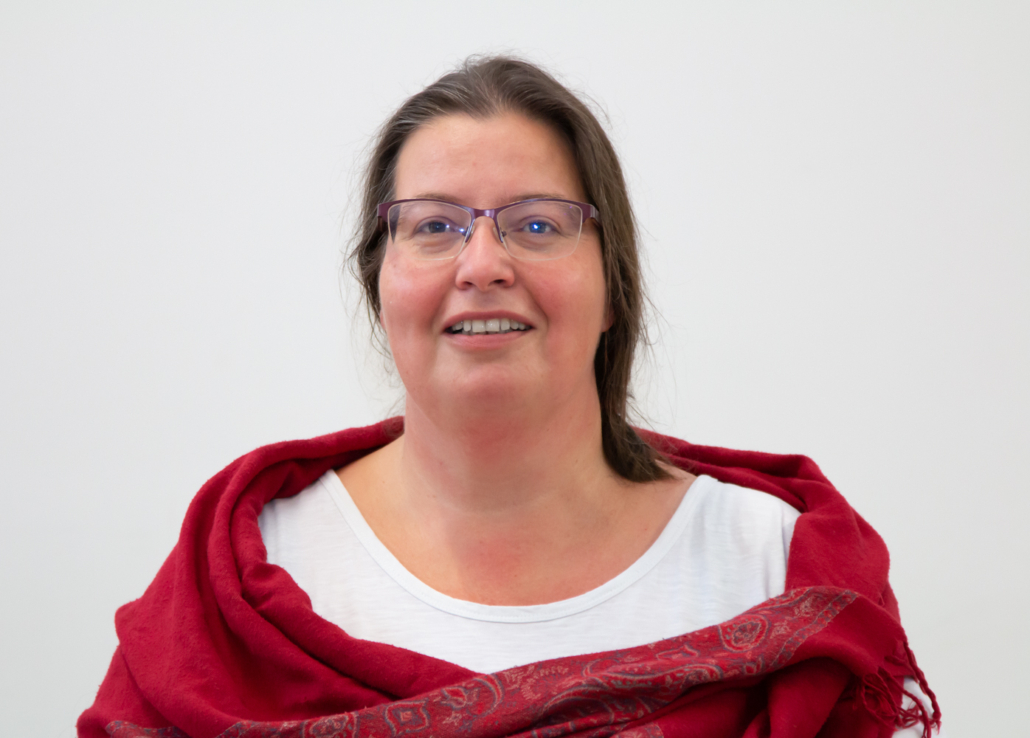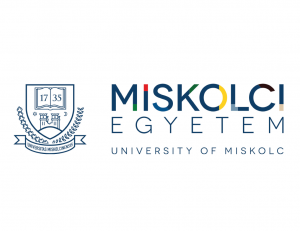University of Miskolc
About our Organization
The history of the University of Miskolc dates back to 1735, when it first opened its doors as an institute for mining and metallurgy students in Selmecbánya (now called Banská Štiavnica, located in present-day Slovakia). In 1762, Empress Maria Theresa promoted the institute to academic rank. After World War I, the institution first moved to Sopron, then to Miskolc, where it has been located since 1949. The Technical University for Heavy Industry was established in the fields of mining, metallurgy, and mechanical engineering. During the last few decades of the 20th century, the institution developed into a comprehensive and diverse university, with the traditional three technical faculties (Earth Sciences, Materials Science, Mechanical Engineering and Informatics) and the new faculties of Law, Economics, Arts and Humanities, Health Sciences, and Music, as well as programmes in continuing education and higher-level vocational training. In 1990, the name of the university was changed to the University of Miskolc. As part of the Hungarian higher education model transformation, the University of Miskolc became a university maintained by a trustee foundation (Universitas Miskolcinensis Foundation) from 1 August 2020. The university covers an area of 85 hectares, with 29 buildings and 7 student hostels providing about 2,000 places. There are 139,000 m² of classrooms, laboratories, and teachers’ offices, 24 lecture halls, and 148 classrooms. Across its 8 faculties, more than 11,000 students’ study in 329 programmes. The University of Miskolc welcomes international students. In the 2025/26 academic year, 630 international students from 70 countries study here.
The University of Miskolc is featured in several international rankings, including the QS World University Rankings (#1201–1400, 2025) and the Times Higher Education World University Rankings (1501+ category). It holds the 714th position globally in the Round University Ranking (2025) and is among the top 10 Hungarian universities according to EduRank (2025). The University also appears in the QS Subject Rankings for Mechanical, Aeronautical & Manufacturing Engineering (501–575) and Petroleum Engineering (151–175).
Since 2021, the University has been a full member of the European University Association (EUA), which includes 800 universities from 48 countries.
Why we are Participating in the Project
The Faculty of Health Sciences at the University of Miskolc has 71 teaching staff, 25 administrative staff, and 1516 students. The faculty offers five undergraduate (BSc) programmes, each with specific specializations: Health Care & Prevention (Health Visitor), Nursing & Patient Care (with Physiotherapist and Nurse), Medical Diagnostic Analytics (Radiography), and Health Management (Health Tourism Manager). At the master’s level (MSc), students can choose from programmes such as Physiotherapy, Specialist Nursing, Health Engineering (in cooperation with the Faculty of Mechanical Engineering & Informatics), Health & Social Work, and Health Teacher (both in cooperation with the Faculty of Humanities & Social Sciences). In addition, the faculty provides a vocational / short-cycle programme in Medical Diagnostic Laboratory Technician.
The faculty also offers a wide range of postgraduate and specialization training programmes, including Clinical Research Associate (CRA), Patient Education, Balneotherapy, Indian Medicine – Ayurvedic Consultant, Pediatric Rehabilitation Physiotherapy, Herbal Medicine Consultant, Health Promotion / Mental Hygiene, and Preventive Oral Hygiene. Over the years, the Faculty has been actively involved in international projects, such as Cooperative Training and Educational Innovation in Vocational Teacher Education in Eastern Hungary (2017–2020), “FŐNIX ME” – Renewable University: higher education institutional developments to improve both the quality and accessibility of higher education (2017–2021), A Rejuvenating and Renewing University – Innovative City of Knowledge: Institutional Development of the University of Miskolc for Smart Specialisation (2017–2021), and TKP2021-NKTA-22 – Creative Region III. (2022–2025).
Our Role in the Project
The Faculty of Health Sciences at the University of Miskolc has actively participated in all aspects of the MoV-e project, contributing to every stage of its development. We jointly produce a culturally sensitive e-learning course on movement analysis and therapy, while taking primary responsibility for developing the methodology to enhance knowledge, communication skills, and professional competencies in this field. Our team is responsible for organizing, collecting, and summarizing information about the content and structure of existing courses, as well as the learning theories and teaching methods used in blended and online education in movement analysis and therapy. Additionally, we coordinate the process of identifying the needs and expectations of key stakeholders, including students, academic staff, and professionals. This includes evaluating relevant topics, skill sets, and available resources, with a particular emphasis on cultural considerations and intercultural communication in physiotherapy, carried out through focus groups and interviews.

Andrea LUKÁCS, PhD. habil
Dr. Andrea Lukács has extensive experience in higher education management and international cooperation. She previously served as Vice Dean for Scientific and International Affairs and as Head of the Institute of Theoretical Health Sciences at the University of Miskolc, Faculty of Health Sciences. Currently, she continues to contribute to the Faculty’s internationalisation and academic development as an advisor. Her responsibilities include coordinating the development of new teaching modules and study programmes, as well as fostering international partnerships between the Faculty of Health Sciences and other higher education institutions. Her research interests focus on psychological health, physical activity and physical fitness across different populations. She graduated from the Faculty of Physical Education and Sport Sciences of Semmelweis University (now the Hungarian University of Sport Sciences) in Budapest. She earned her PhD in Health Sciences from the University of Debrecen and obtained her habilitation in Health Sciences at the University of Pécs. She has published numerous scientific papers in indexed international journals and is a regular participant at international conferences.

Dóra KISS-KONDÁS
She is a physiotherapist and health teacher, currently works at the Faculty of Health Sciences of the University of Miskolc. As a master lecturer she conducts lectures and practical classes for physiotherapy students about the basics of physiotherapy knowledge, musculoskeletal anatomy and techniques used in rehabilitation.

Tünde SZABÓ
She is a physiotherapist and a complex rehabilitation specialist. She’s a master lecturer at the Faculty of Health Sciences of the University of Miskolc. She teaches physical therapy students in the subjects of kinesiology, functional patient assessment, motor skill development and rheumatology. Her primary interest is the prevention and treatment of degenerative diseases of the lumbar spine.

Nóra SIMON
She is a psychologist, earnt her MA at the Eötvös Loránd University, Budapest and currently serves as a master lecturer at the Faculty of Health Sciences of the University of Miskolc. Her main area of interest is social psychology, including personal perception and prejudice. A significant part of her educational activity is the preparation of health care students for the most appropriate treatment of patients, for the communication with people, in the framework of various trainings


